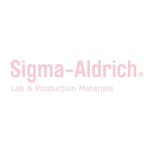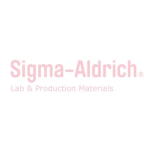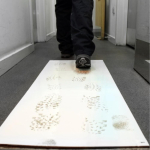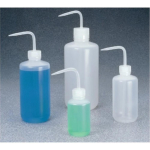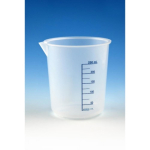Analysis Note
Two bands in SDS-PAGE at 65 kDa and 75 kDa.
Application
Suitable for use in ELISA, immunization, cell attachment assays and electrophoresis.
Disclaimer
Unless otherwise stated in our catalog or other company documentation accompanying the product(s), our products are intended for research use only and are not to be used for any other purpose, which includes but is not limited to, unauthorized commercial uses, in vitro diagnostic uses, ex vivo or in vivo therapeutic uses or any type of consumption or application to humans or animals.
General description
Vitronectin (S-protein) is a multi-functional plasma and extracellular matrix protein with defined activity in cell adhesion, thrombosis, complement activation, fibrinolysis, inflammation, and platelet adhesion. Vitronectin binds to other macromolecules and participates in regulatory circuits to control these processes. Some target macromolecules that interact with vitronectin are heparin, PAI-1, proteases such as thrombin and urokinase-type plasminogen activator (uPA), serine protease inhibitor-protease complexes, the uPA receptor, and a sub-class of integrin receptors on the surface of cells. Vitronectin is also applied as a thin coating on tissue-culture surfaces, which is useful to promote cell attachment, spreading, proliferation, and differentiation of many normal and neoplastic cells, and to study cell migration.
Product Source: Human plasma; tested negative for antibodies to HBsAg and HIV.
PROPERTIES:
Binds to heparin. Active in cell attachment of MG63 cells.
Legal Information
CHEMICON is a registered trademark of Merck KGaA, Darmstadt, Germany
Linkage
Replaces: 08-126
Physical form
Liquid in 50 mM sodium phosphate, 100 mM NaCl, pH 7.4, containing no preservatives.
Storage and Stability
Stable 12 months at -70°C. Avoid repeated freeze/thaw cycles.
During shipment, small volumes of product will occasionally become entrapped in the seal of the product vial. For products with volumes of 200µL or less, we recommend gently tapping the vial on a hard surface or briefly centrifuging the vial in a tabletop centrifuge to dislodge any liquid in the container′s cap.




